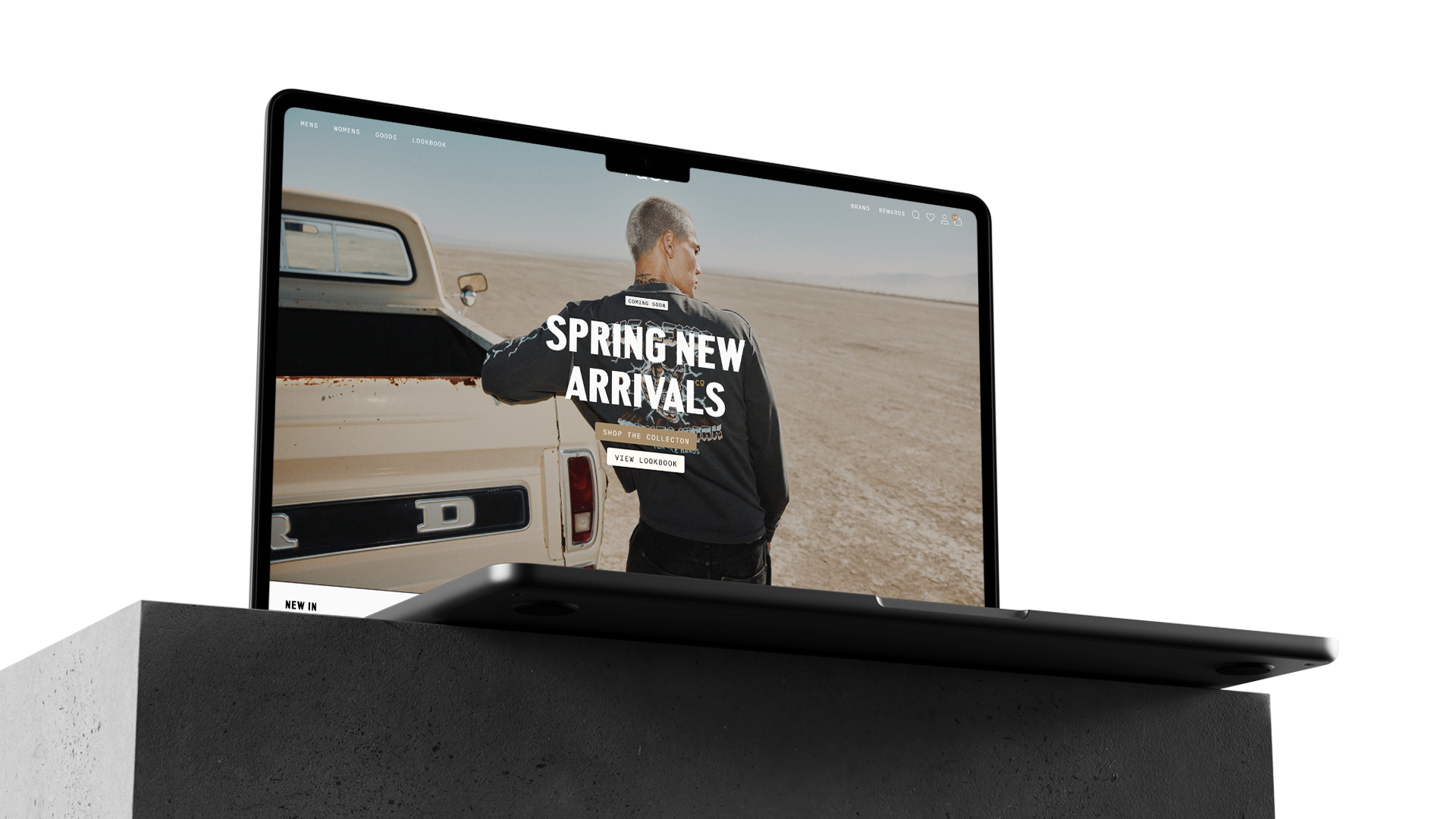

There’s so much competition online that making sure that customers can find your brand is half the battle. Effective SEO strategies ensure that eyes are on you and that your brand has the stage it needs to shine.
Whether it’s through technical refinement, content creation, or an innovative strategy that works uniquely for your brand, SEO is a multi-pronged discipline that takes a multitude of skills to truly harness. With a full ecommerce marketing agency behind you, it won’t be long before your business is competing with industry giants for space amongst Google’s top search results.
OF ONLINE EXPERIENCES BEGIN WITH A SEARCH ENGINE.
OF USERS NEVER GO PAST PAGE 1 OF GOOGLE
OUR POSITION ON GOOGLE FOR "ECOMMERCE AGENCY"






We’re here to chat. Whether you’re looking to launch a new website, optimise your current website, or explore what’s possible with Shopify, we’d love to hear from you.
LET'S CONNECT

